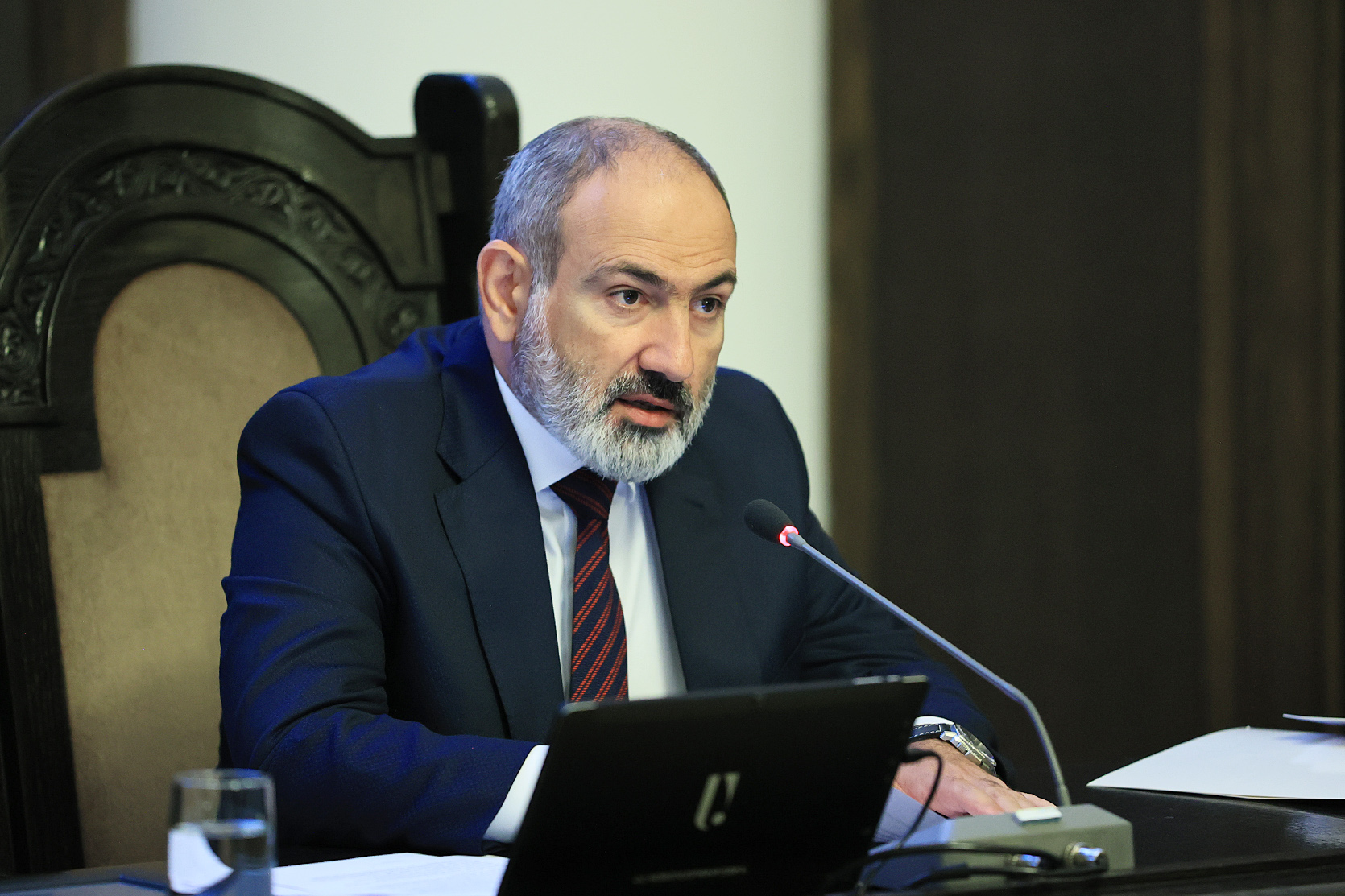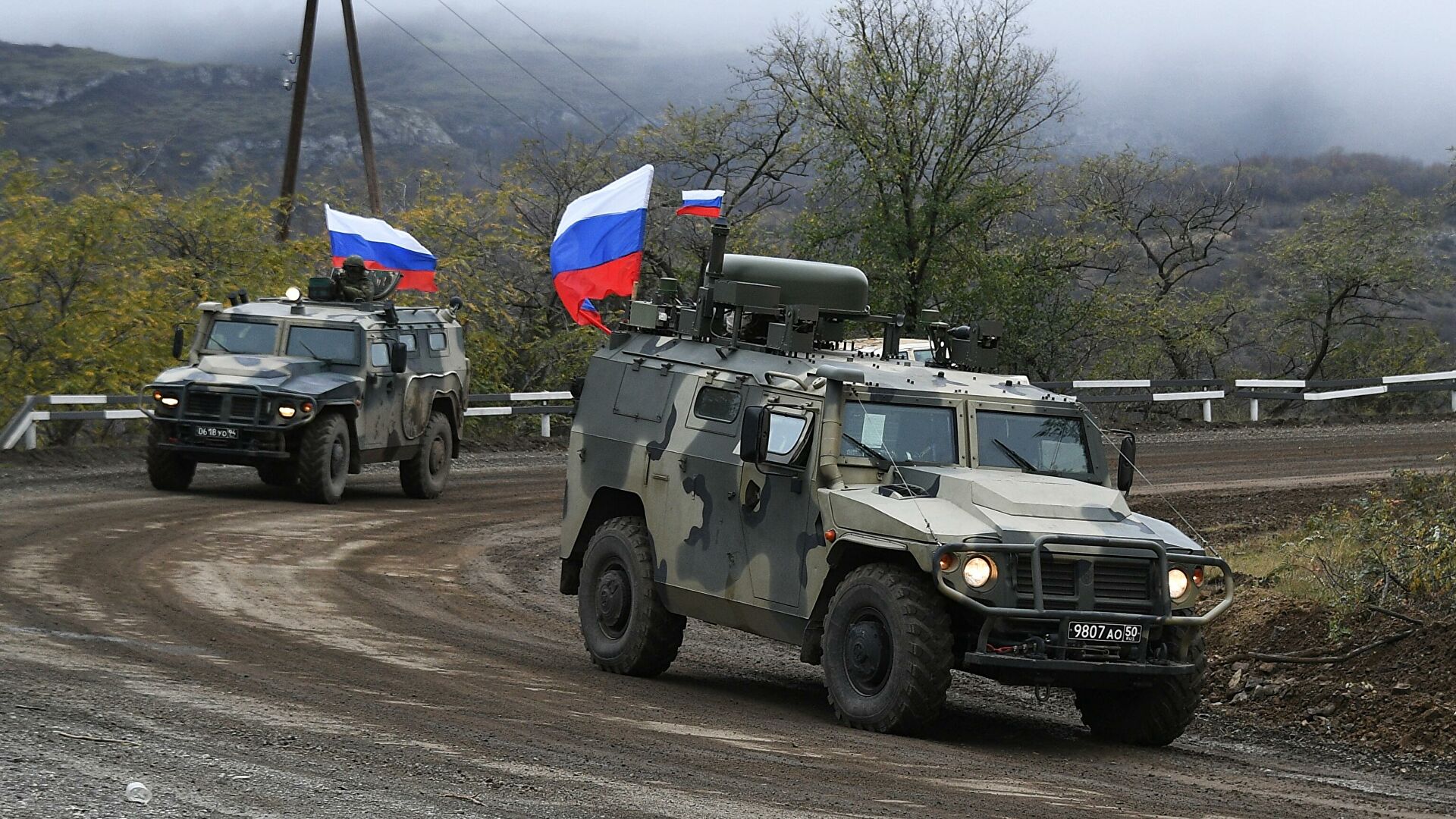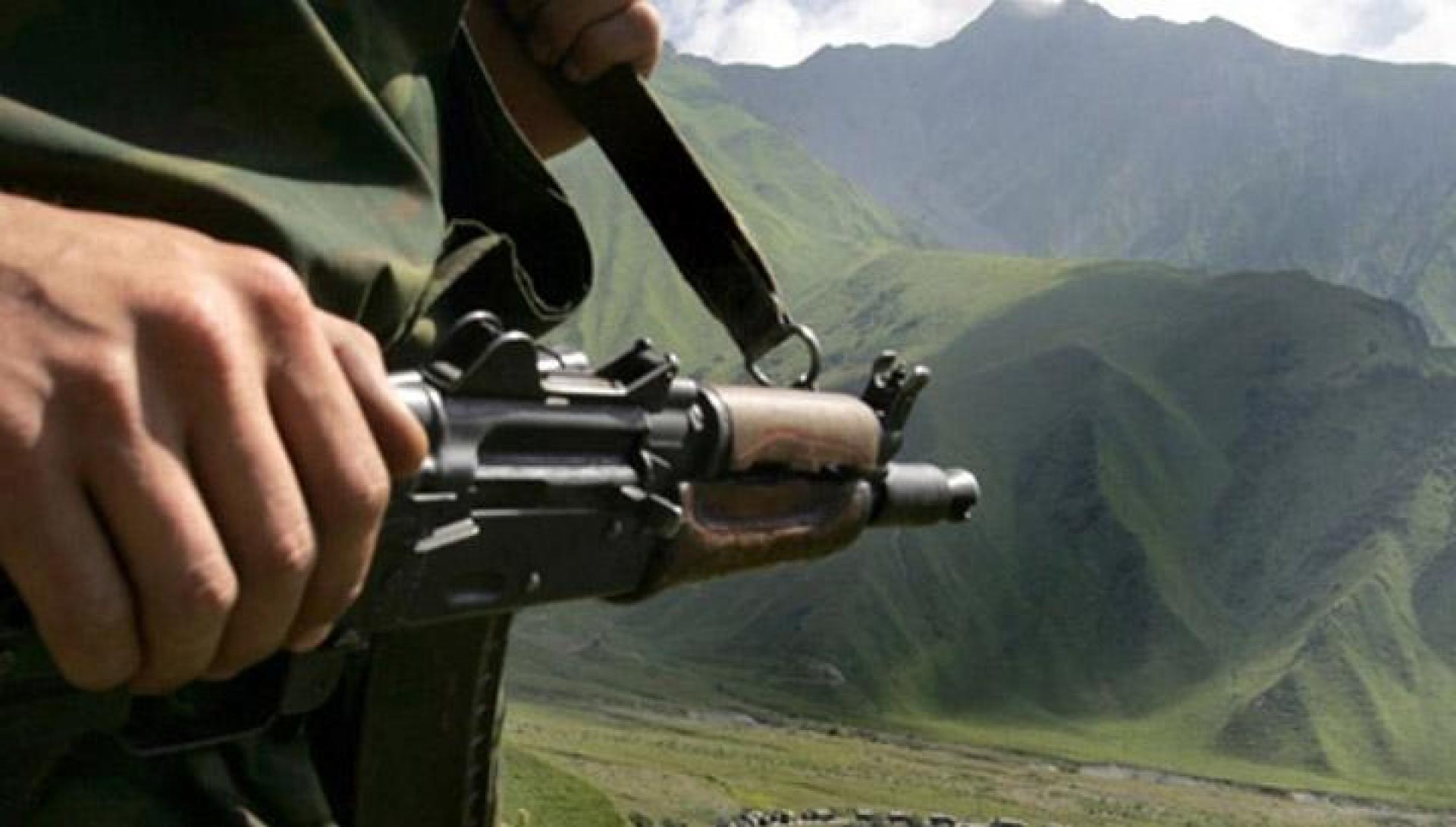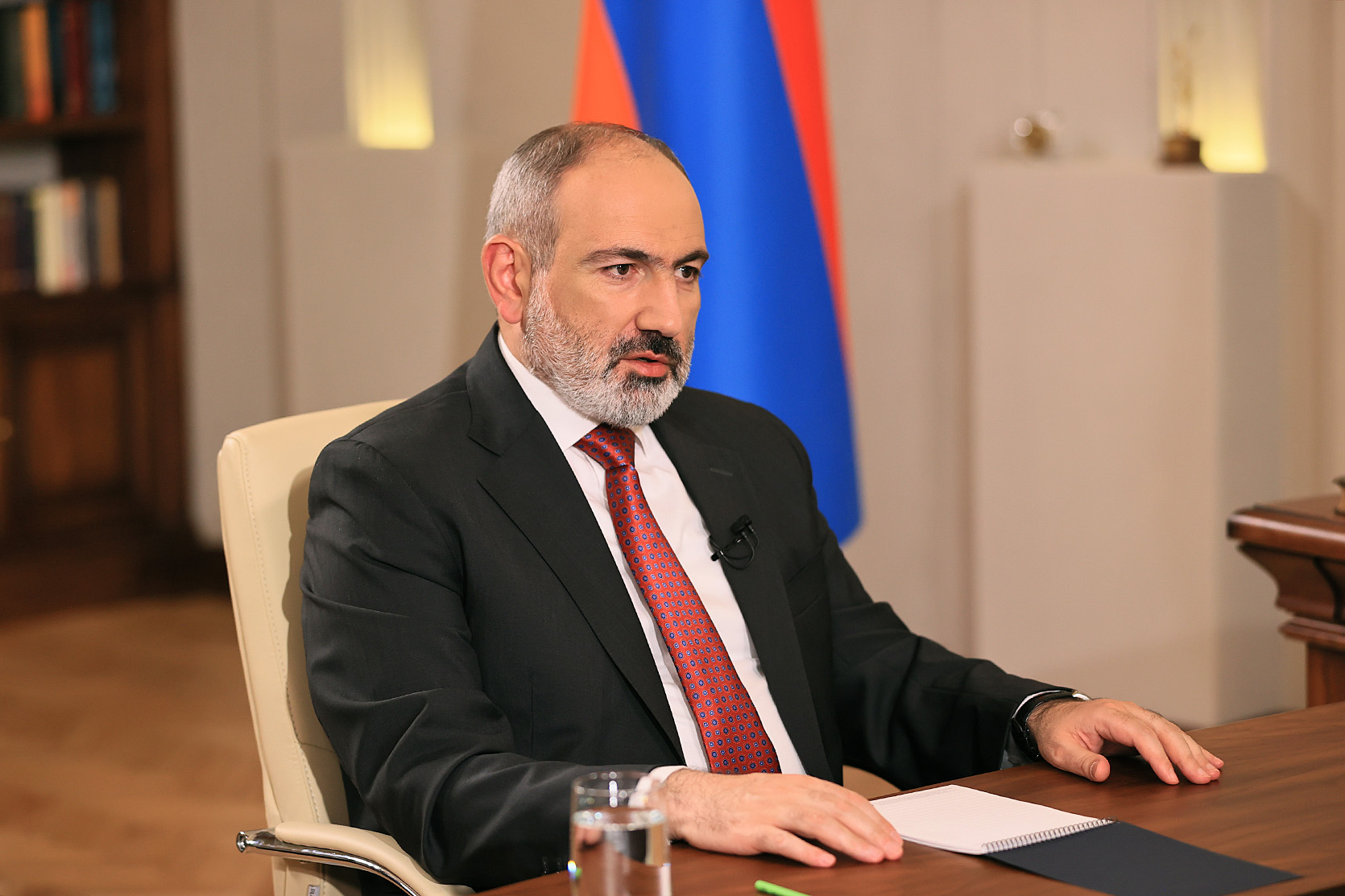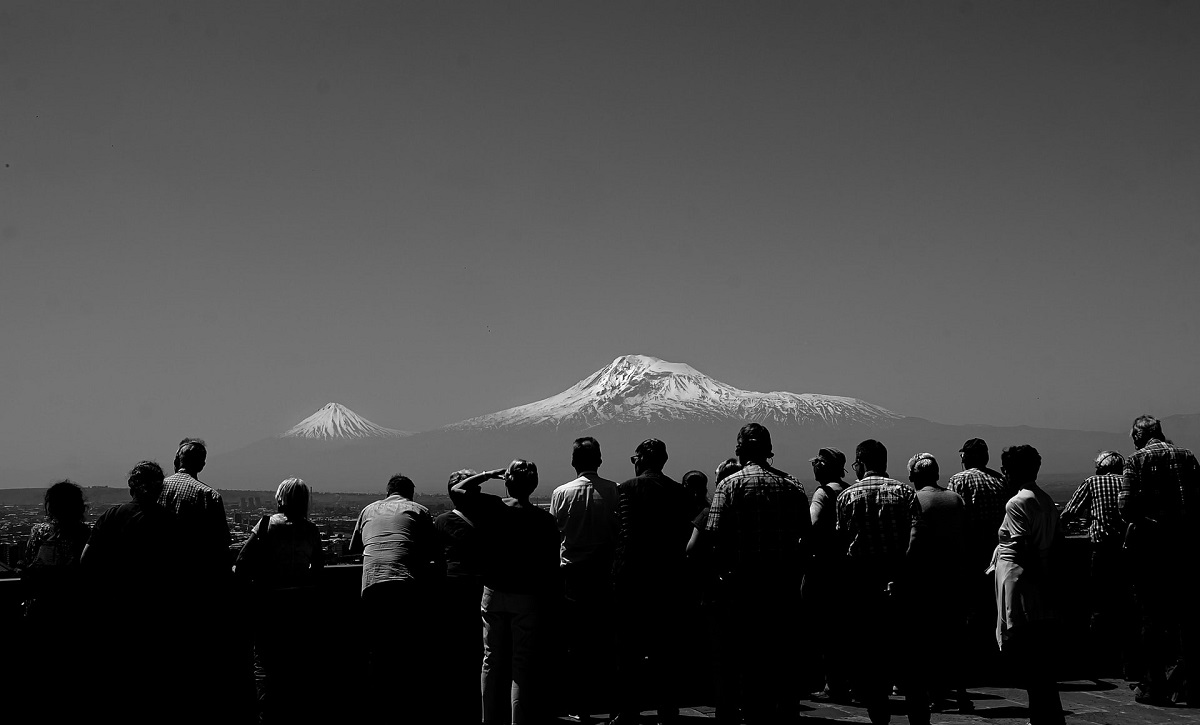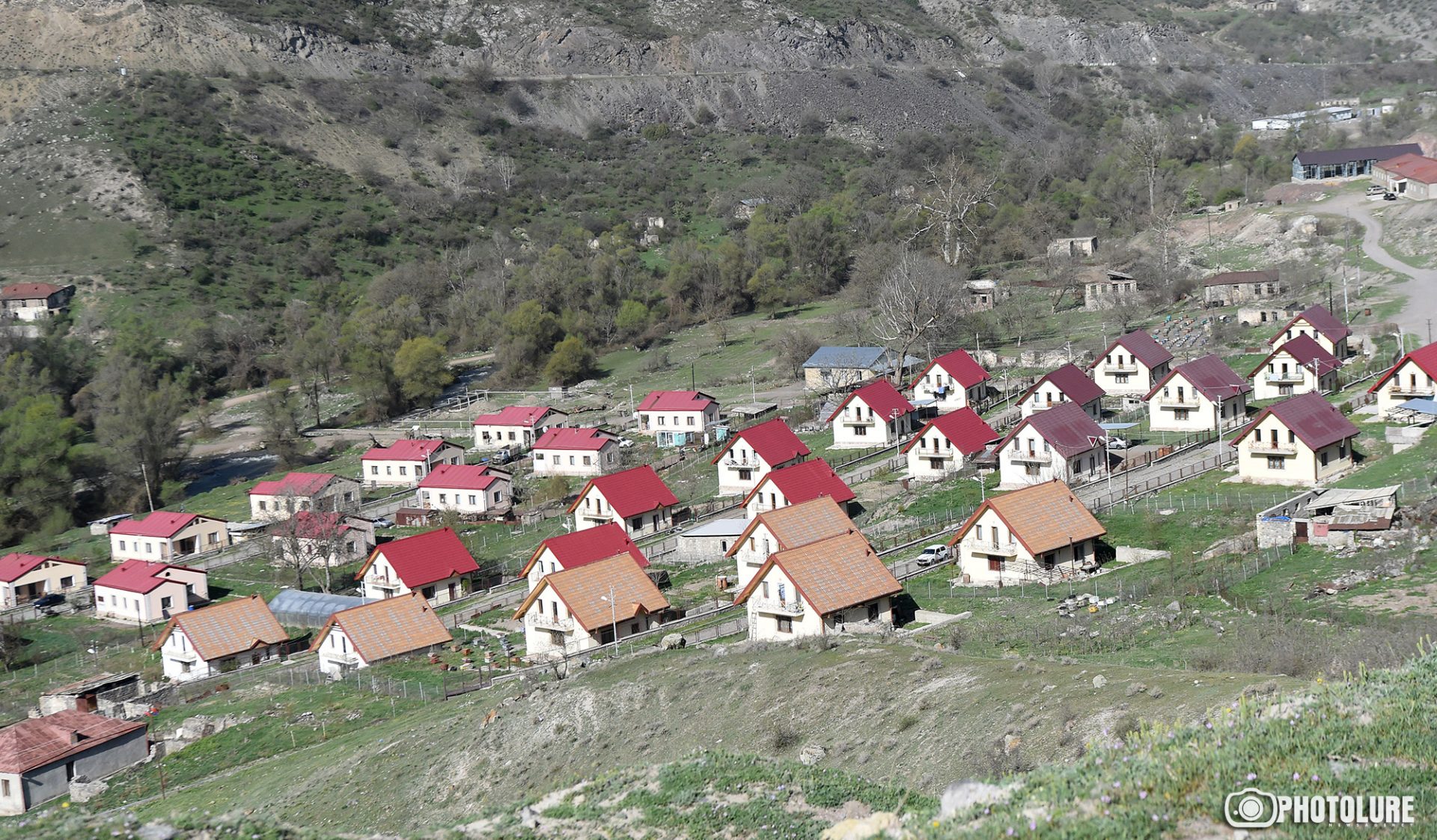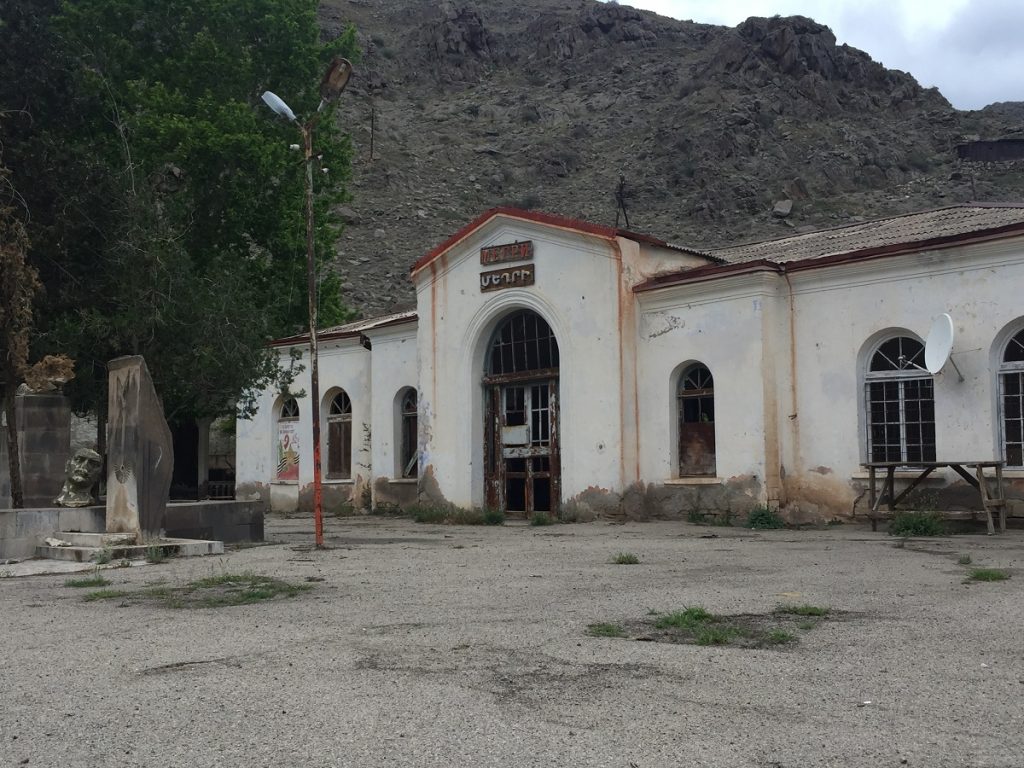Corridor of discontent: the new road between Armenia and Nagorno-Karabakh
Replacing the Lachin corridor in Nagorno-Karabakh
The Lachin corridor has become another bone of contention for Armenia, Nagorno-Karabakh and Azerbaijan. Today it is the only road connecting Armenia with NK. But this is about to change.
Azerbaijan has completed construction of the new road on its side and is demanding that Armenia change their side’s route. The Secretary of the Security Council of Armenia calls the demand groundless and “illegitimate”. According to the document signed by the parties to the conflict, by November 2023, “a plan for the construction of a new traffic route along the Lachin Corridor” has yet to be determined.
Azerbaijan has, however, asserted itself in spite of that clause. Another military escalation resulted in the death of two Armenian soldiers and the wounding of nineteen. Official discussions have in fact ceased. The eviction of Armenian residents from towns located within the Lachin corridor has also begun, and the territory will pass under the control of Azerbaijan.
All current details about the situation, and the opinions of Armenian political scientists on the legitimacy of what is happening and possible risks.
- Construction of an alternative road to Lachin corridor completed
- Peacekeepers or border guards? Russian checkpoints on the roads of Armenia
- Putin-Erdogan negotiations: agreements on the region and risks for Armenia. Opinion
Armenian population may lose gas, electricity and internet
Tension in Nagorno-Karabakh has been observed since the end of July. Azerbaijan accused Armenia of shelling almost daily, though the latter immediately dismissed the charge. Armenian experts warned of preparations for further escalation by Azerbaijan. On August 3, Azerbaijan used grenade launchers and bayraktars, killing and wounding Armenian soldiers. Now the situation is seen as stable, but tension remains.
Meanwhile, via Russian peacekeepers deployed in NK, Baku demanded the transportation route with Armenia be changed so as to bypass the Lachin corridor. After the second Karabakh war, the leaders of Armenia, Russia and Azerbaijan agreed to keep the Lachin corridor until 2023.
The Prime Minister of Armenia stated that Azerbaijan is thus trying to eliminate the conditions laid down in the November 9 tripartite statement which ended the 2020 war:
“Allegedly, they have completed work on the construction of a new route of the Lachin corridor, and therefore a number of sections of the existing corridor should be transferred to their control. Such statements by Azerbaijan are a gross violation of the tripartite statement.”
The city of Lachin (Armenia calls it Berdzor) and the towns of Aghavno and Sus are located in the Lachin corridor. More than a hundred families live there. Aghavno, for example, is home to more than 200 people. There is a school and a kindergarten in the village. It is is especially important because infrastructure from Armenia runs through this section supplying NK with electricity, gas, telephone communications and the internet. After the Lachin corridor goes to Azerbaijan, the unrecognized republic may lose all services.
Political scientist Benyamin Poghosyan believes that in this way Baku will receive “another trump card for the integration” of Nagorno-Karabakh into Azerbaijan:
“If we give Berdzor to Azerbaijan now, this means that Baku will be able to cut off not only the gas that it also turned off this spring, it will be able to cut Artsakh off from the internet and electricity, or at least ban the export of electricity from Armenia to NK. And then tell the Karabakh Armenians: ‘People, do you want to live in the Middle Ages without gas, electricity and the internet? If you want to, no problem; but if not, you have to get gas and internet from Azerbaijan.’ ”
In March of this year, during unprecedented snow and frost in NK, people were left without gas for almost three weeks. The gas pipeline through which gas is supplied from Armenia was damaged. The damaged section was on territory under the control of Azerbaijan. The latter did not allow anyone access to the site for repairs. After ten days of negotiations, Azerbaijan repaired the pipeline itself. Then blackouts began. It is believed that a valve was installed during repair.
Hasty construction of the road by Azerbaijan
Almost immediately after the signing of the trilateral agreement in 2020, the President of Azerbaijan announced that an alternative road to the Lachin corridor would be built in less than three years.
“After determining the parameters of the new corridor, the city of Lachin will also be returned to us,” Ilham Aliyev said.
And so in just two years, Baku announced not a project proposal, as indicated in the agreement, but the construction of a road.
On August 2, when Baku demanded a new route be organized, Armenia brought construction equipment to the village of Kornidzor in the Syunik region. Construction work has been going on for only a few days. The road will run from the bridge over the Aghavno River to the village of Kornidzor.
The length of the new road will be 11 kilometers 750 meters, of which about 6 kilometers, according to the head of the Kornidzor community Arshak Karapetyan, will be very difficult to build.
After August 25, until the new road is built, the road between Armenia and NK will be a four-kilometer section of dirt road.
On the transfer of residents – chronology
At the end of June, Nikol Pashinyan announced that territory outside the borders of the former Nagorno-Karabakh Autonomous Region would pass to Azerbaijan after the commissioning of a new road bypassing the city of Lachin. Thus the Prime Minister, in fact, announced the transfer of the towns of Ahavno (Zabukh in Azerbaijan), Sus and Lachin to Azerbaijan.
When asked what will happen to the residents of these places, Pashinyan said that the problems of the urban population are being solved by the Armenian government – they will be provided with housing.
“I think the problems of the residents of Aghavno will be resolved with the help of the government of Artsakh. I can’t say about Sus, because at the moment I don’t have such information,” Pashinyan said.
Following the Armenian prime minister, the president of the unrecognized NKR, Arayik Harutyunyan, stated that in the case of a new route“we must bypass the city of Berdzor (Lachin)”:
“Negotiations are underway. Let’s see what the possibilities are. […] We did not tell anyone to leave Berdzor, but I consider it unlikely that our compatriots will continue to live in Berdzor, and we will continue our negotiations regarding Aghavno.”
As it turned out, the negotiations yielded no results. Residents must leave their homes by August 25, a deadline they discovered just twenty days before that date. In response, the residents of Berdzor blocked the road to the Lachin corridor for some time, demanding that the town not be surrendered and that they be given guarantees.
They were then told that families would be provided with certificates for purchasing housing in the amount of 8 to 12 million drams ($19,000-28,000) and financial assistance of 40,000 drams (about $100) per person.
For several days, cultural monuments have been removed from territory transferred to Azerbaijan. Residents are removing everything they can, but stil return to their homes. Many will wait until the very last day, hoping that at the last moment their fortunes will reverse.
NK discusses new route and asks questions
The founder of the Agency for the Development of Tourism and Culture of NK, Sergey Shakhverdyan, has published a map showing where the alternative road to the Lachin corridor will go.
“Since the state has not clearly explained to the public how traffic along the new corridor will be organized, we have to do this based on the information available to us. After the new road Mets Shen-In Shen was built by Azerbaijan, the bridge on the Akari River towards Kornidzor breaks off in the territory of Armenia and actually leads nowhere, so it was decided to make a new temporary route from this bridge, according to the attached map,” he wrote.
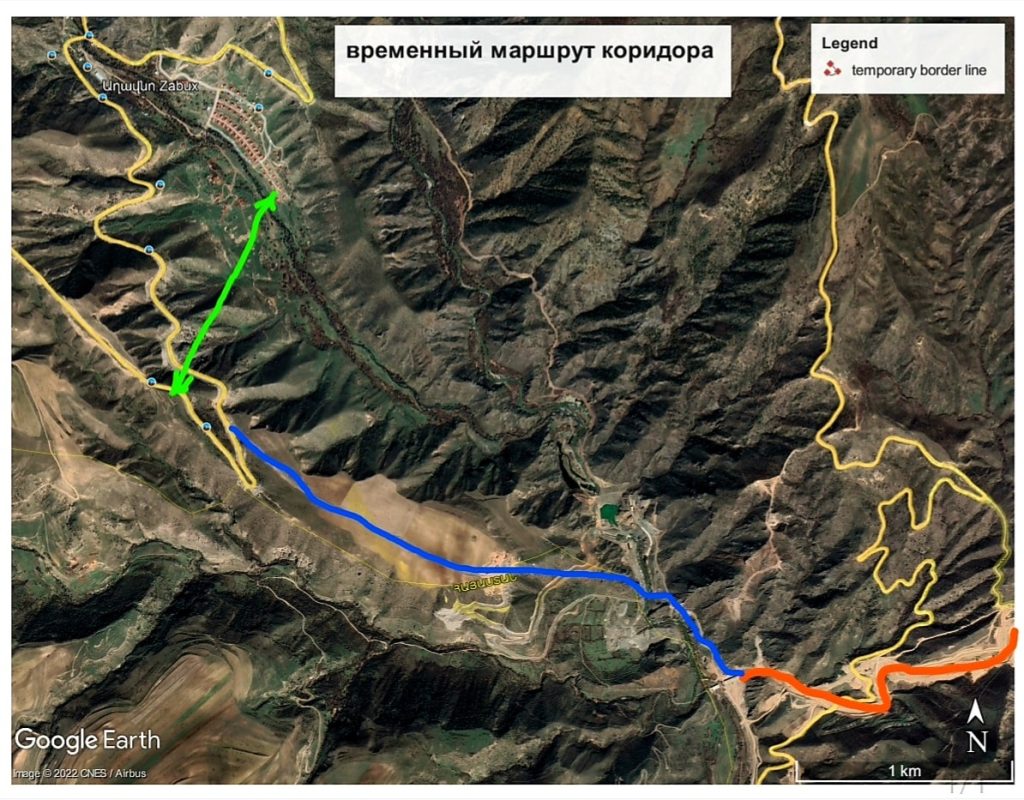
According to Shakhverdyan, on the map “a part of the road built by Azerbaijan is marked in red, a temporary dirt road that runs next to the hydroelectric power station […] and connects with the existing Ahavno-Teh highway is marked in blue, the distance from the temporary highway to the village of Aghavno is indicated in green – only 1200 meters.”
Sergey Shakhverdyan discusses possible options:
“Thus Aghavno, until the commissioning of the Mets Shen-Kornidzor route, continues to be within the Lachin Humanitarian Corridor. And this means that the armed forces of Azerbaijan cannot be located inside the five-kilometer security zone, including, of course, Aghavno. Thus, the question arises – how legitimate is the demand for the deportation of the population of Aghavno?
“To what extent do the statements of the NKR authorities that Russian peacekeepers will leave their current deployment near Aghavno on August 25 correspond to reality, and to the provisions of the infamous statement of November 10?! And finally, if they leave on August 25, which is not very believable, how will the security of the temporary route be managed?
“And, finally, do the ultimatums of the authorities to the residents of Aghavno to surrender their houses intact in exchange for compensation, mean that there are special agreements between the authorities of the NKR and Azerbaijan on the issue of deportation of residents, and that compensation was allocated by Azerbaijan on certain conditions?”
Comment
Political scientist Armen Baghdasaryan believes that the latest Azerbaijani attacks on NK were to demonstrate to Yerevan that in case of refusal to provide the so-called “Zangezur corridor”, Azerbaijan would close the corridor through Lachin.
The so-called “Zangezur Corridor” is a road that will connect Azerbaijan through the territory of Armenia with its Nakhchivan exclave. Azerbaijan and Turkey call this road a “corridor”. Armenia has repeatedly announced that it agrees to unblock roads, but with the preservation of sovereign control over these roads. Tthe term “corridor” implies a loss of sovereignty.
“The leadership of Armenia made many promises to Azerbaijan, which they have consistently executed. But Azerbaijan is rushing this process, seeing Armenia’s desire to delay this process as much as possible. That’s the whole point of what’s going on.”
Military expert Karen Vrtanesyan recalls that, according to the text of the tripartite statement, it is only about diverting the road from Shushi:
“Here is the part of the text of the tripartite statement that interests us:
“The Lachin corridor, which will ensure the connection of Nagorno-Karabakh with Armenia and at the same time will not affect the city of Shusha, remains under the control of the peacekeeping contingent of the Russian Federation.” […]
“Here they are talking only about the diversion of the road from Shushi. Not about leaving Berdzor. Not about expelling Armenians from Berdzor […]. And it is obvious that the new route, bypassing Berdzor and Aghavno, was approved by all the signatories of the statement before the construction of the road began, otherwise they would not have started construction.”
Political scientist Andranik Hovhannisyan also emphasizes that there is not a single word in the statement that provides for Armenia transferring the towns of Lachin, Aghavno and Sus to the control of Azerbaijan:
“This paragraph clearly states that a plan for the construction of a new traffic route along the Lachin corridor will be determined in the next three years. I repeat: along the Lachin corridor, and not outside it. According to the new route, the road should bypass the Armenian city of Shushi [Shusha] occupied by Azerbaijani troops for several kilometers, and it is for this reason that Shushi is mentioned in this paragraph.”
Analysts say that the Armenian authorities, under pressure from Azerbaijan, are making further concessions, agreeing to abandon the Lachin corridor ahead of schedule.
Official Yerevan limited itself to statements about the illegality of Baku’s demands. After the war in Karabakh, virtually every escalation led to concessions from the Armenian side. There is already talk out of Azerbaijan that the next step should be the complete disarmament of the unrecognized republic.
If this happens, the only guarantor of the security of the NK population, in fact, will be the Russian peacekeeping contingent. However, the experience of the last two years has shown that the Russian side is unable or unwilling to ensure a stable peace and security in the region.
Replacing the Lachin Corridor in Nagorno-Karabakh










